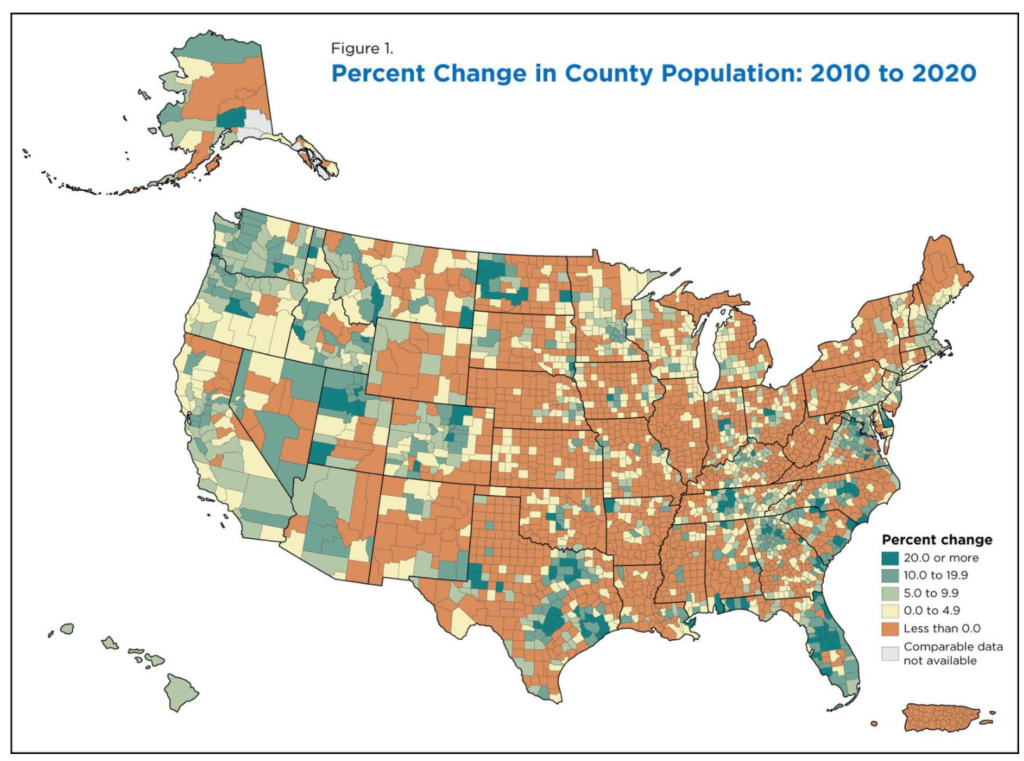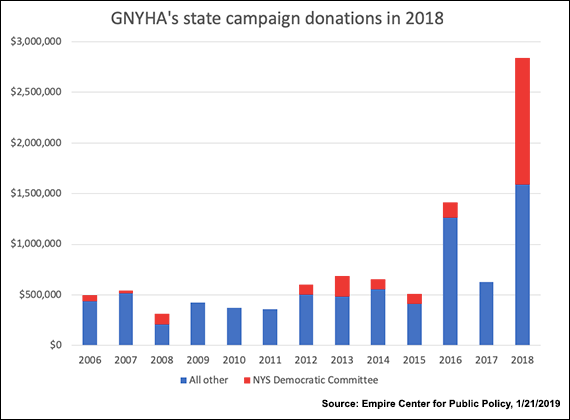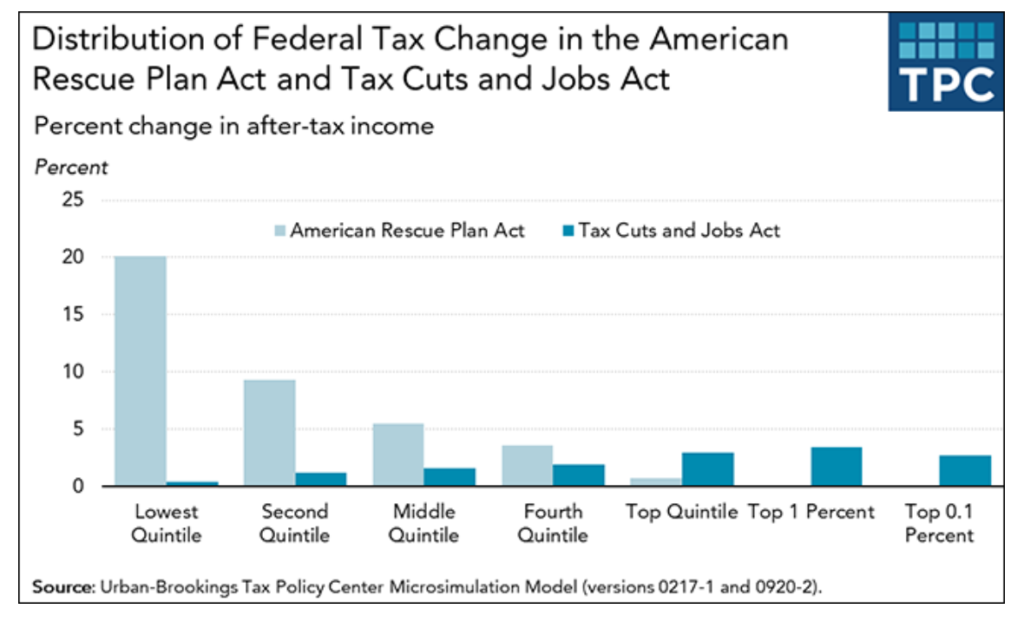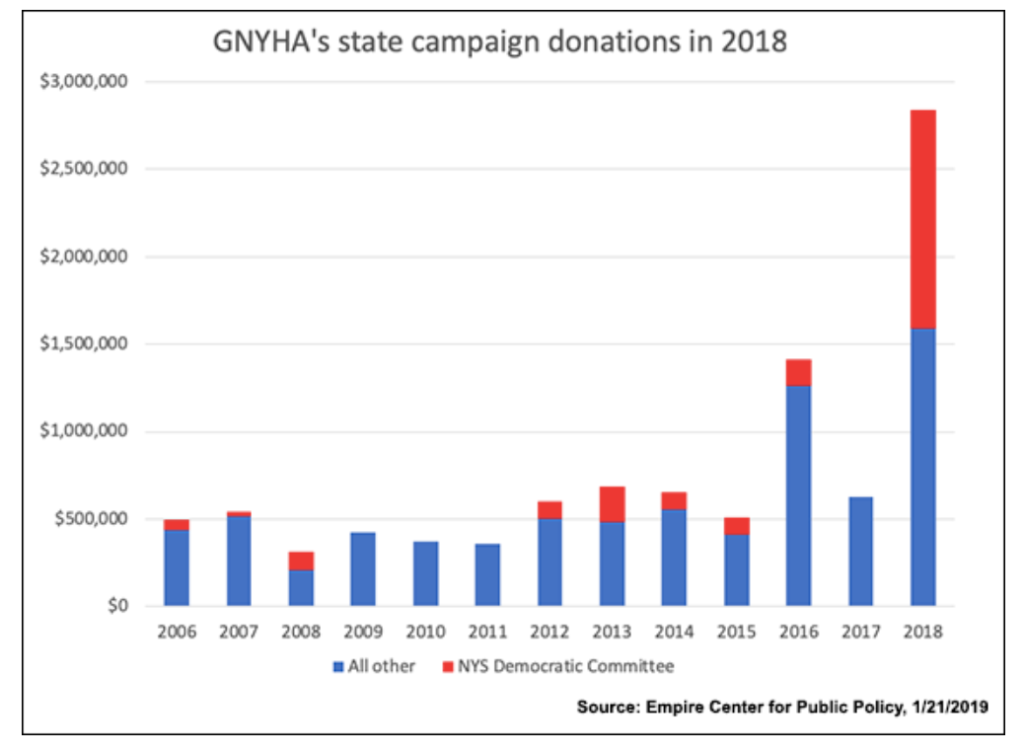Link: https://jacobin.com/2022/08/democratic-senators-wall-street-donors-private-equity
Excerpt:
In the name of preserving carefully negotiated legislation, Senate Democrats’ leaders united their caucus to vote down amendments that would have added the party’s Medicare expansion plan and expanded child tax credit into the final spending bill now moving through Congress.
That unity, though, was not universally enforced: soon after those votes, seven Democratic senators joined with Republicans to cast a pivotal vote shielding their private equity donors from a new corporate minimum tax.
The seven Democrats who joined the GOP to give private equity firms that $35 billion gift were: Senators Kyrsten Sinema and Mark Kelly of Arizona, Raphael Warnock and Jon Ossoff of Georgia, Jacky Rosen and Catherine Cortez Masto of Nevada, and Maggie Hassan of New Hampshire.
Five of the seven Democrats are among the Senate’s top recipients of campaign donations from private equity donors, according to data from OpenSecrets. The group collectively raked in more than $1.4 million of campaign cash from the private equity industry, which has become a huge source of capital for the fossil fuel conglomerates that are creating the climate crisis.
The contrast between voting to protect private equity donors and voting against programs for the working class effectively screamed the quiet part out loud about whom senators typically respond to — and whom they don’t.
In this case, Democratic and Republican senators responded to the demands of an industry that has not only spent more than a quarter billion dollars on the last two federal elections, but that also employs an army of government-officials-turned-lobbyists to influence lawmakers in Washington. The world’s largest private equity firm is headed by one of the Republican Party’s largest donors, and now employs the son-in-law of Senate majority leader Chuck Schumer as a lobbyist.
That influence machine is fueled by $6.3 trillion industry’s profits, generated by collecting massive fees off investments by public pensions and other institutional investors. Those fees have ballooned even when the industry often provides poorer returns than the stock market. Cloaked in secrecy, the industry invests in Medicare and health care privatization, as well as virulently anti-union and fossil fuel companies.
Author(s): David Sirota
Publication Date: 10 Aug 2022
Publication Site: Jacobin




